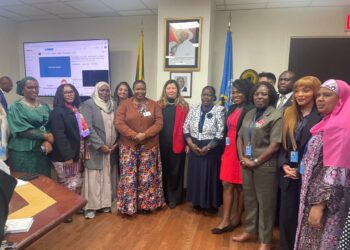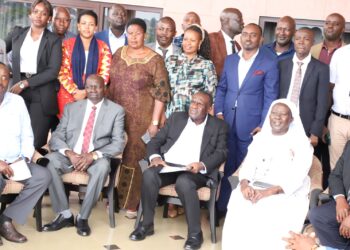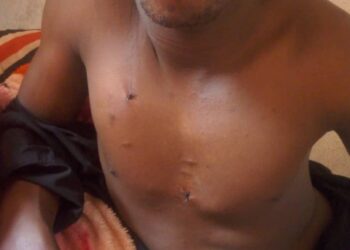A country wide joint operation to rid the market of skin bleaching products saw assorted products valued at over Rwf13 million seized. The operation conducted by several government agencies saw skin lightening products valued at over Rwf7 million taken from shops in the Eastern province districts of Rwamagana, Ngoma, Kayonza, Bugesera, Gatsibo, Nyagatare and Kirehe.
Also seized in the operation were expired medical drugs in Nyanza and Huye districts worth Rwf 5 million.
Other products taken off the shelves were 3,000 pieces of polythene bags and expired foodstuff among others. The operation being carried out by Rwanda’s Ministry of Health, Rwanda Food and Drug Authority, Rwanda Bureau of Standards and Rwanda Investigation Bureau (RIB) is being carried out by different government institutions with an aim of ridding the country of skin bleaching products. It is estimated that over 1,000 types of products are on the market.
The ban came after Rwanda’s President Paul Kagame through his twitter account gave his thoughts on the debate where he called on regulatory organs to take the necessary measures.
His tweet was prompted by a tweet by Fiona Kamikazi Rutagengwa (@Fiona_Kamikazi) calling for ‘authorities to put together a campaign against skin bleaching which he said was “getting out of hand.’
Sale of skin lightening products which are mainly unregulated in African countries is worth billions of annually.
According to the Rwanda National Police spokesman, John Bosco Kabera, they have already a list of prohibited products.
“We have the necessary capacity to conduct the operation. Ministerial Instructions issued on February 6, 2016 determining the list of cosmetics whose use is prohibited in Rwanda put these products at about 1,343. We have so many of these that are prohibited from being sold on the market and their number could even be higher than the ones that are legal,” he said.
“The operation will go hand in hand with education,” Diane Gashumba, the minister of health, said revealing that most people used the bleaching products out of ignorance. According to the World Health Organisation, WHO, at least four in ten African women bleach.
Studies have also shown that the skin bleaching products industry is a multi-million sector, highly unregulated, and has negative effects on more than 30 per cent of long-term users, ranging from burns to skin cancer.
Those selling illegal skin bleaching creams, Kabera said, were breaking the law. In its Article 15, the law relating to the regulation and inspection of food and pharmaceutical products states that “cosmetics shall mean any substances applied on the human body in order to enhance, change and impart a pleasant smell onto the human body.
Cosmetics must be free of toxic substances and meet quality standards applicable in the country and be prepared in compliance with relevant principles of good preparation practice.”
The law also states that for purposes of public health interest, any cosmetic ingredient that does not meet quality requirements is prohibited.
Do you have a story in your community or an opinion to share with us: Email us at editorial@watchdoguganda.com











